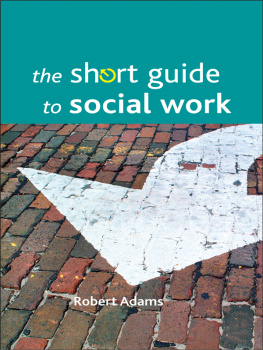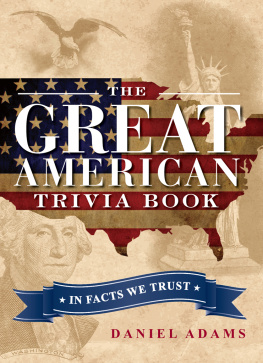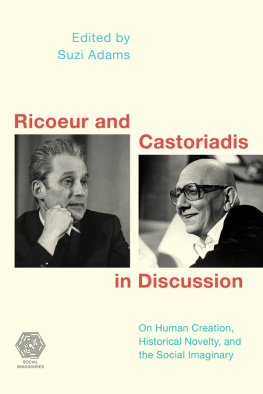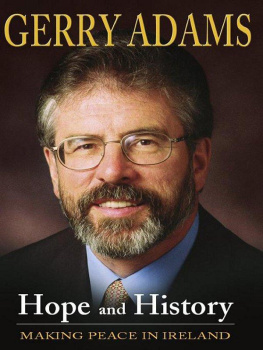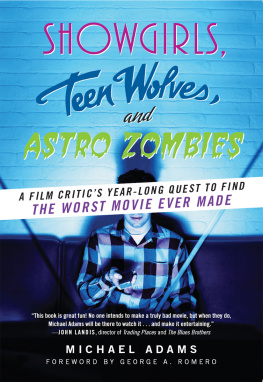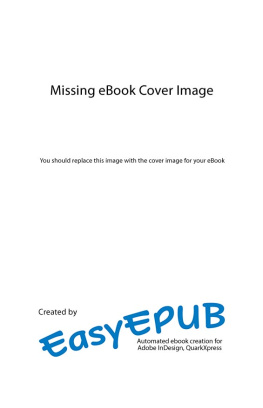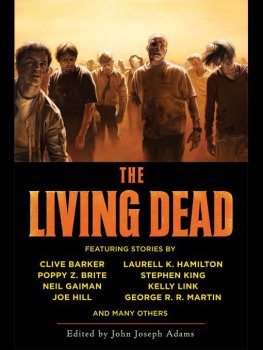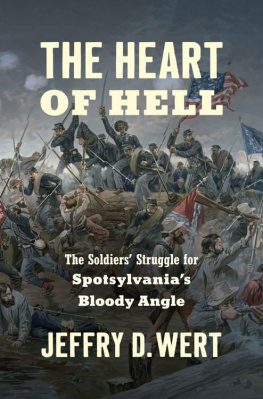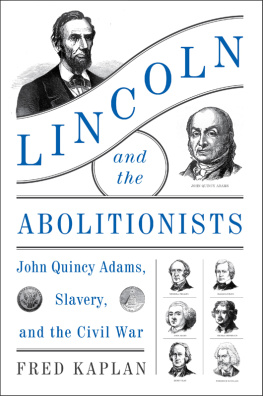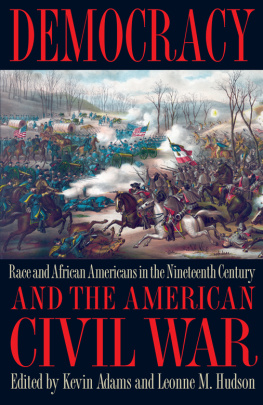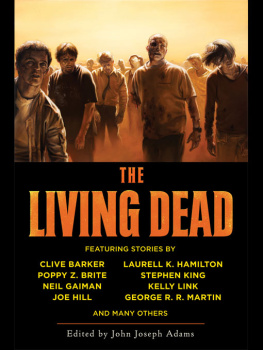Adams - Living Hell: The Dark Side of the Civil War
Here you can read online Adams - Living Hell: The Dark Side of the Civil War full text of the book (entire story) in english for free. Download pdf and epub, get meaning, cover and reviews about this ebook. City: United States, USA., United States, year: 2014, publisher: Johns Hopkins University Press, genre: Politics. Description of the work, (preface) as well as reviews are available. Best literature library LitArk.com created for fans of good reading and offers a wide selection of genres:
Romance novel
Science fiction
Adventure
Detective
Science
History
Home and family
Prose
Art
Politics
Computer
Non-fiction
Religion
Business
Children
Humor
Choose a favorite category and find really read worthwhile books. Enjoy immersion in the world of imagination, feel the emotions of the characters or learn something new for yourself, make an fascinating discovery.

- Book:Living Hell: The Dark Side of the Civil War
- Author:
- Publisher:Johns Hopkins University Press
- Genre:
- Year:2014
- City:United States, USA., United States
- Rating:5 / 5
- Favourites:Add to favourites
- Your mark:
Living Hell: The Dark Side of the Civil War: summary, description and annotation
We offer to read an annotation, description, summary or preface (depends on what the author of the book "Living Hell: The Dark Side of the Civil War" wrote himself). If you haven't found the necessary information about the book — write in the comments, we will try to find it.
Many Americans, argues Michael C. C. Adams, tend to think of the Civil War as more glorious, less awful, than the reality. Millions of tourists flock to battlefields each year as vacation destinations, their perceptions of the war often shaped by reenactors who work hard for verisimilitude but who cannot ultimately simulate mutilation, madness, chronic disease, advanced physical decay. In Living Hell, Adams tries a different tack, clustering the voices of myriad actual participants on the firing line or in the hospital ward to create a virtual historical reenactment.
Perhaps because the United States has not seen conventional war on its own soil since 1865, the collective memory of its horror has faded, so that we have sanitized and romanticized even the experience of the Civil War. Neither film nor reenactment can fully capture the hard truth of the four-year conflict. Living Hell presents a stark portrait of the human costs of the Civil War and gives readers a more accurate appreciation of its profound and lasting consequences.
Adams examines the sharp contrast between the expectations of recruits versus the realities of communal living, the enormous problems of dirt and exposure, poor diet, malnutrition, and disease. He describes the slaughter produced by close-order combat, the difficulties of cleaning up the battlefieldswhere tens of thousands of dead and wounded often lay in an area of only a few square milesand the resulting psychological damage survivors experienced.
Drawing extensively on letters and memoirs of individual soldiers, Adams assembles vivid accounts of the distress Confederate and Union soldiers faced daily: sickness, exhaustion, hunger, devastating injuries, and makeshift hospitals where saws were often the medical instrument of choice.
Inverting Robert E. Lees famous line about war, Adams suggests that too many Americans become fond of war out of ignorance of its terrors. Providing a powerful counterpoint to Civil War glorification, Living Hell echoes William Tecumseh Shermans comment that war is cruelty and cannot be refined.
Praise for Our Masters the Rebels: A Speculation on Union Military Failure in the East, 18611865
This excellent and provocative work concludes with a chapter suggesting how the image of Southern military superiority endured in spite of defeat. Civil War History
Adamss imaginative connections between culture and combat provide a forceful reminder that Civil War military history belongs not in an encapsulated realm, with its own categories and arcane language, but at the center of the study of the intellectual, social, and psychological currents that prevailed in the mid-nineteenth century. Journal of American History
Praise for The Best War Ever: America and World War II
Adams has a real gift for efficiently explaining complex historical problems. Reviews in American History
Not only is this mythologizing bad history, says Adams, it is dangerous as well. Surrounding the war with an aura of nostalgia both fosters the delusion that war can cure our social ills and makes us strong again, and weakens confidence in our ability to act effectively in our own time. Journal of Military History
Adams: author's other books
Who wrote Living Hell: The Dark Side of the Civil War? Find out the surname, the name of the author of the book and a list of all author's works by series.

